Publications
search by
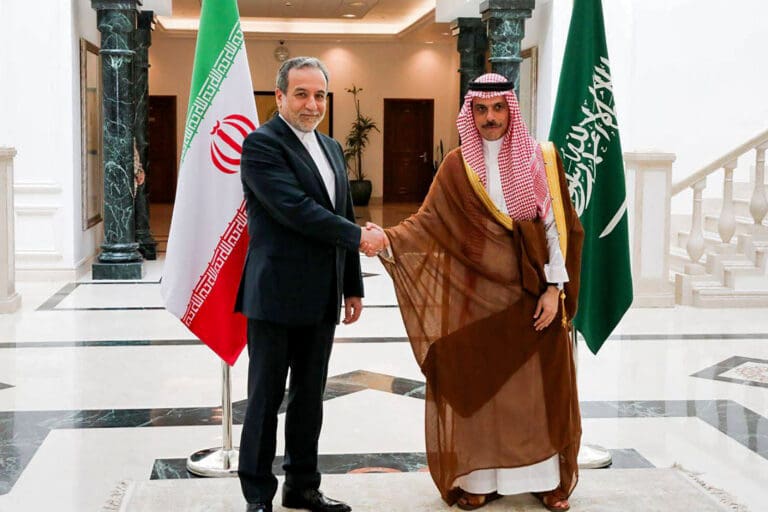
ME Council expert analysis on Saudi-Iran rapprochement, the GCC’s response to the June 2025 war, and Tehran’s push for strategic de-escalation.
learn more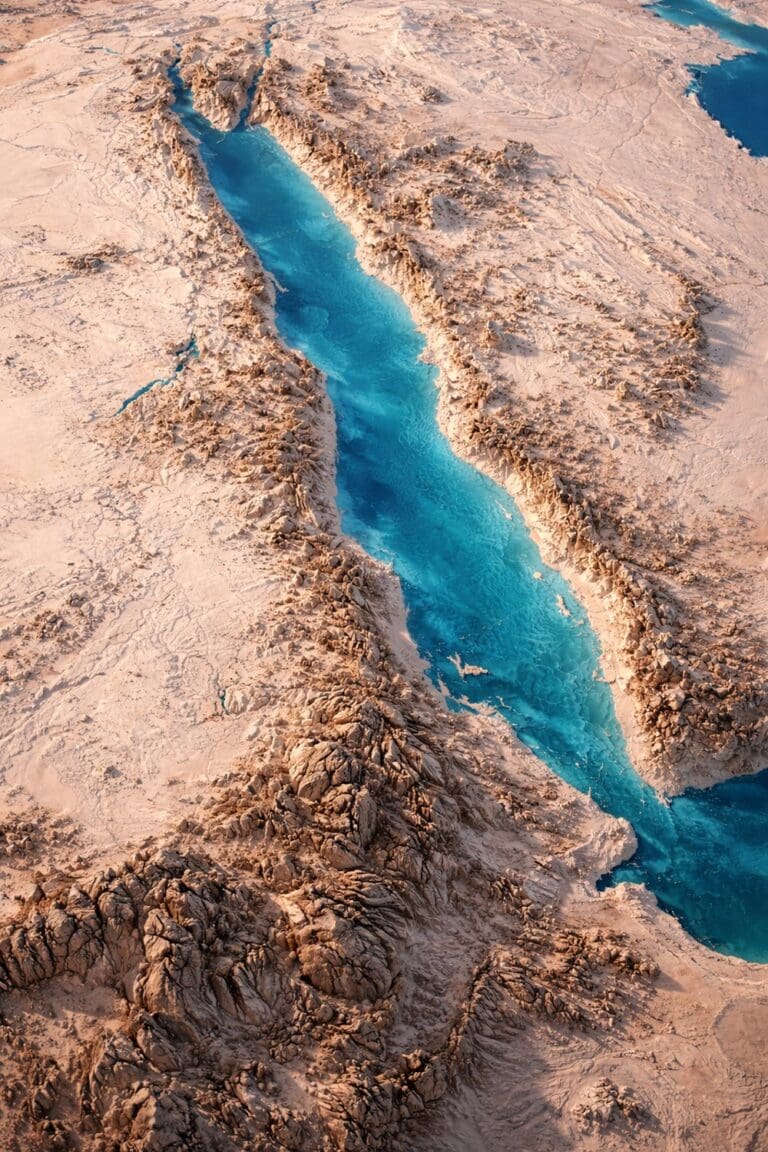
This volume brings together leading regional experts and policymakers from the Middle East and the Horn of Africa to provide the first integrated analysis of Red Sea geopolitics. Combining security, economic, and socio-political perspectives, the contributors offer forward-looking, policy-relevant insights into one of the world’s most strategically contested corridors.
learn more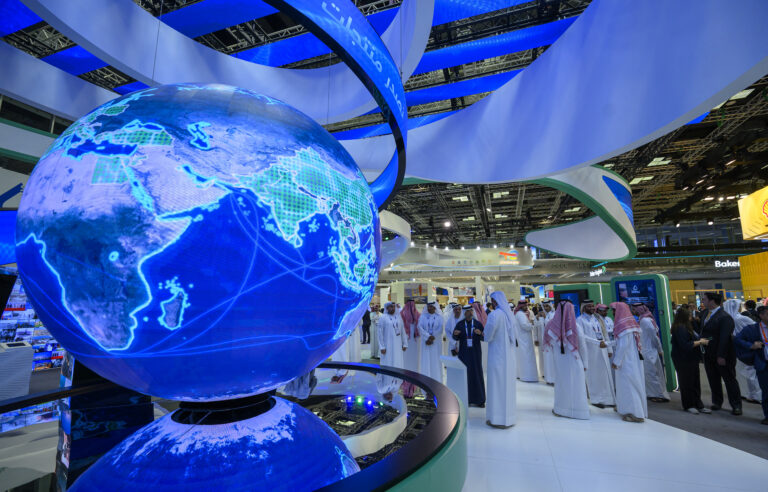
This policy note argues that the Gulf’s bid to recast hydrocarbons as engines of climate-linked industrial growth will falter without a regionally harmonized, legally enforceable climate governance framework.
learn more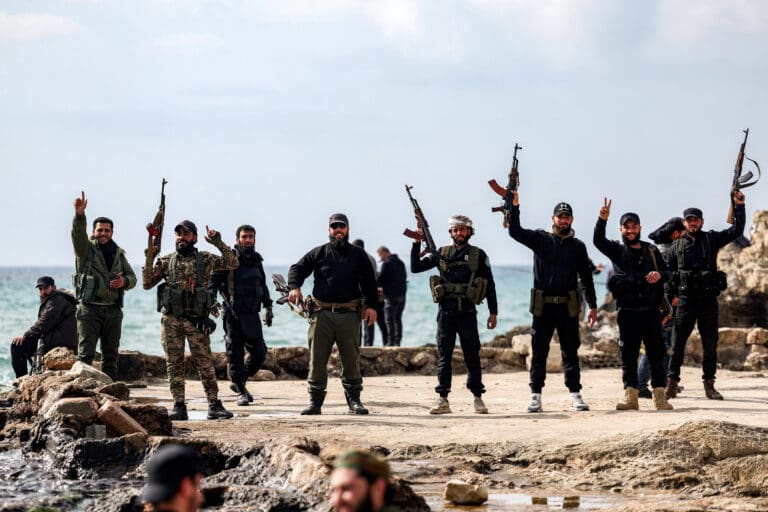
Post-Assad Syria has pursued improvised DDR-style security measures. This policy note argues that only a nationally anchored DDR strategy can sustain stabilization
learn more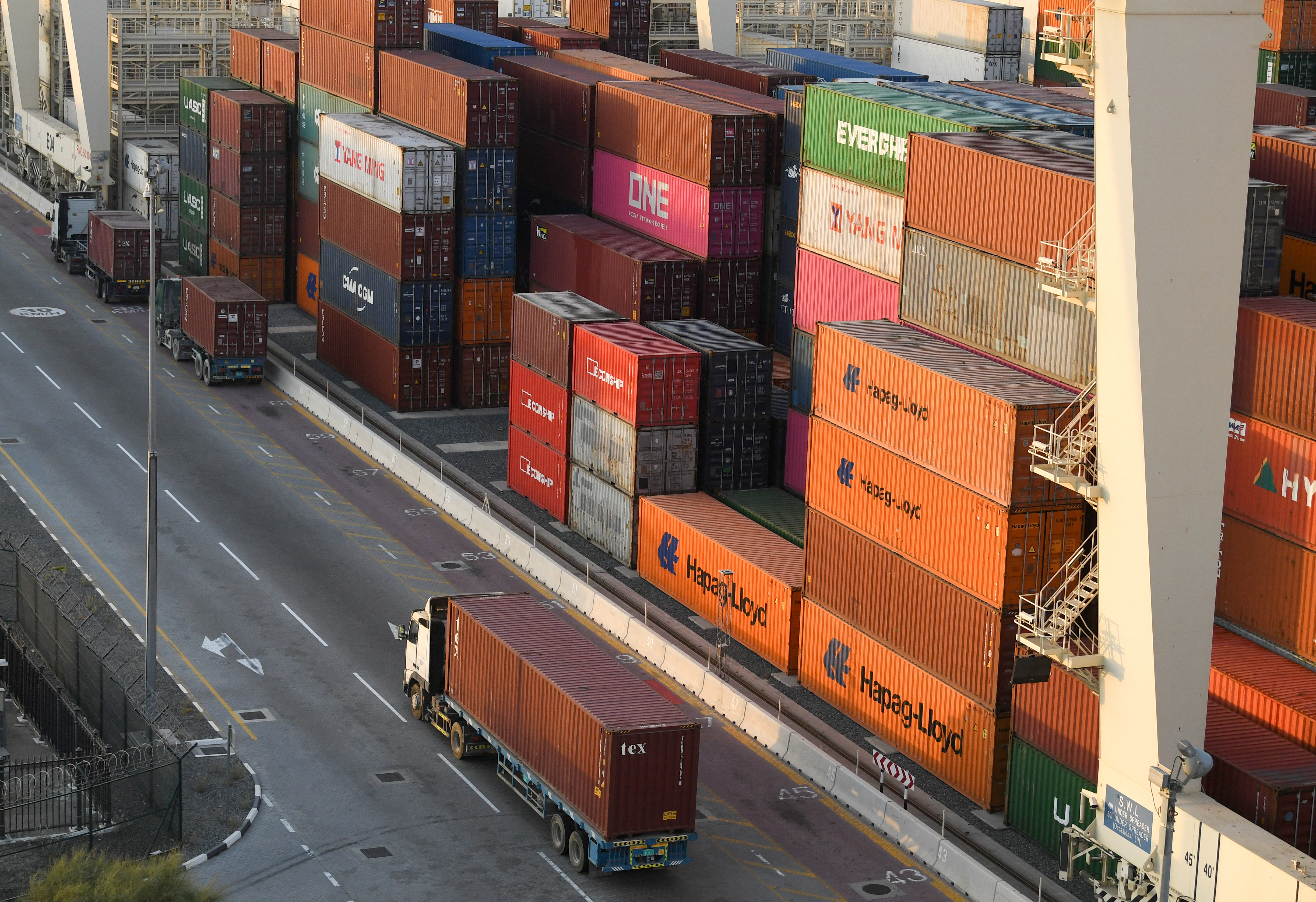
Abstract The Gulf states’ trade relations are in transition. While making progress on diversifying their economies, they continue to seek a balance between hydrocarbon exports and post-oil industries, as well as between Western and Eastern trading partners. Meanwhile, they remain exposed to oil price volatility, the retreat of globalization, and frequent global and regional supply-chain… Continue reading The GCC’s Evolving Trade Networks: Navigating Fragmentation and Diversification
learn more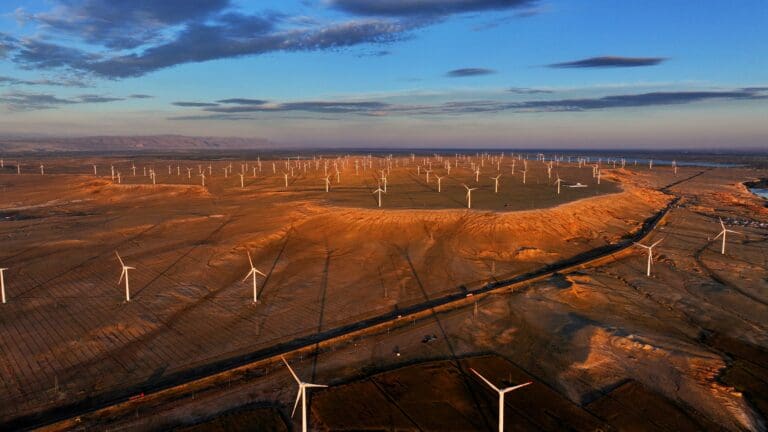
China–Gulf renewable energy cooperation is evolving from hydrocarbon dependency to strategic interdependence, reshaping energy security, industrial policy, and global decarbonization pathways.
learn more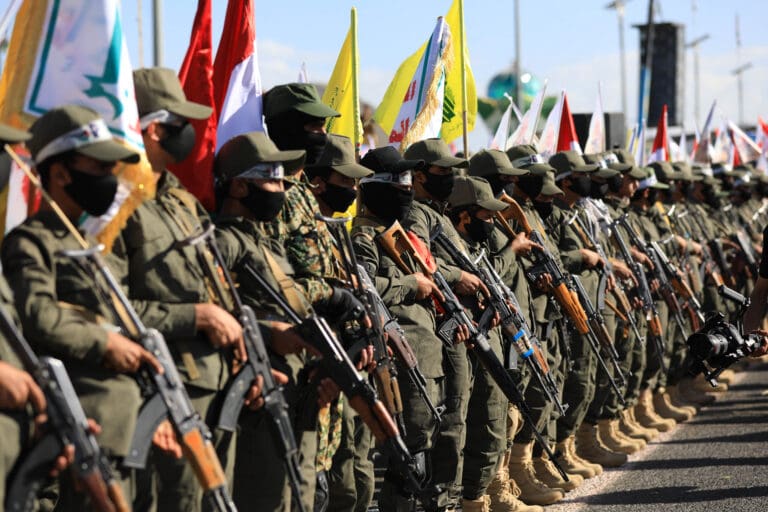
Yemen, Libya, and Sudan are all in the grip of armed conflicts that have led to the collapse of state institutions and the fragmentation of central authorities among multiple, externally supported actors. Over the past decade, international efforts have proven insufficient, on their own, to resolve these protracted conflicts and achieve comprehensive peace in these countries. This has brought to the fore local mediation mechanisms, which show potential as key ways to manage and resolve domestic conflicts at the grassroots level. In environments characterized by protracted conflict, the proliferation of armed forces, and the fragmentation of the ruling system, local mediation can complement or provide an effective alternative to international and national efforts, which often find it hard to address the root causes of conflict in a way acceptable to all sides.
learn more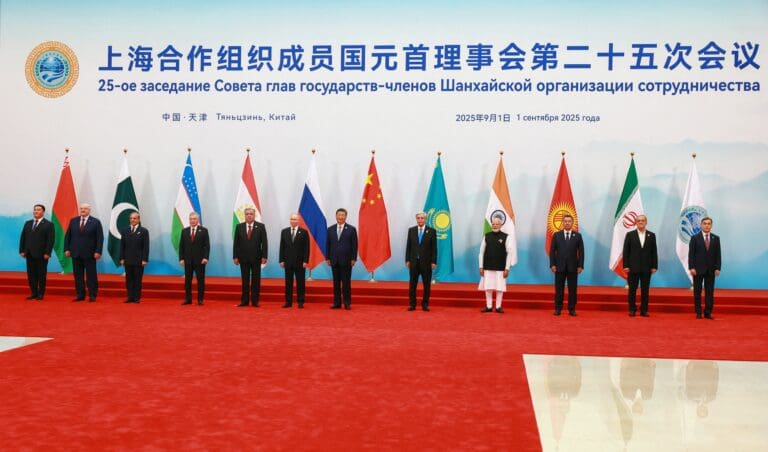
Iran is facing intensifying pressures on the international stage. In June of 2025, Israel and the United States launched a military assault on the Islamic Republic’s nuclear program, even as talks on the program were underway between Tehran and Washington.
learn more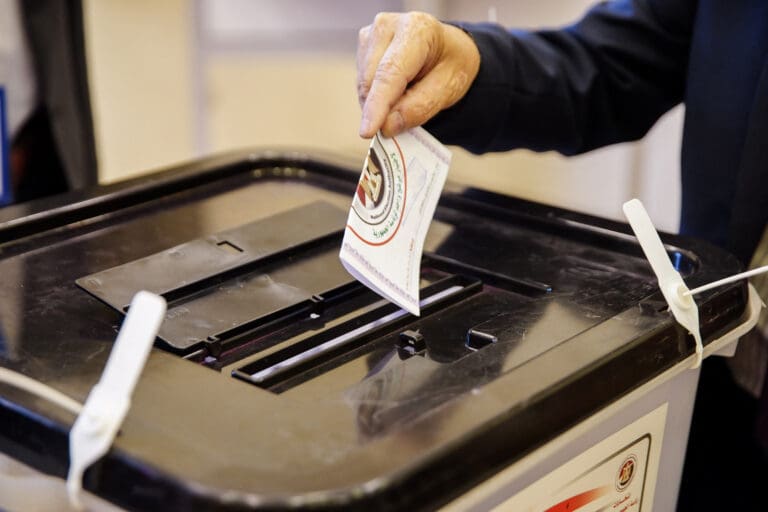
Key Takeaways MENA Remains Pro-Democracy: Despite low confidence in political institutions, and the collapse of the Arab Spring’s democratic moment, the majority of MENA citizens still prefer a democratic government. Even in countries with widespread disillusionment, autocracy is not seen as a better alternative. Democracy Dignity: Citizens conceive of democracy as dignity, prioritizing social and economic… Continue reading Democracy as Dignity: What Public Opinion Reveals in MENA
learn more
The GCC maritime security strategy centers on strengthening naval capabilities, integrating AI-driven port technologies, and expanding partnerships to protect vital shipping routes. By combining fleet modernization with advanced surveillance systems and diversified global cooperation, Gulf states are building a more resilient and strategically agile maritime posture.
learn more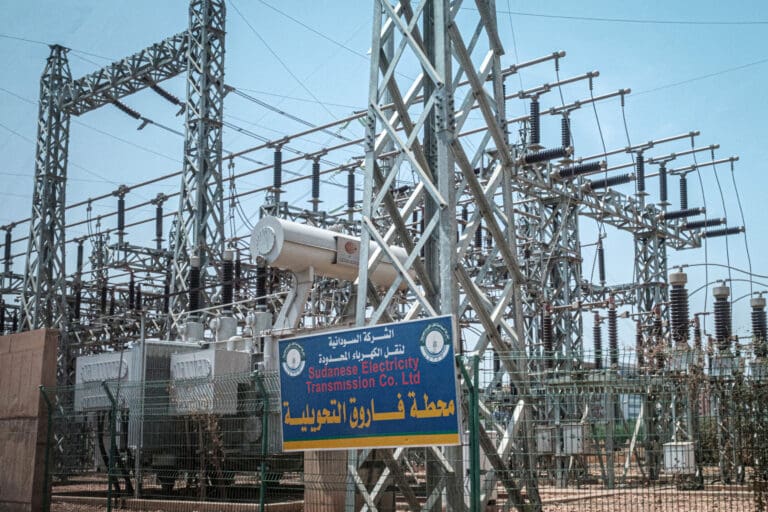
Key Takeaways Structural and Financial Issues Weigh Heavily on Sudan’s Energy Sector: The sector is structurally weak, highly centralized, and underfunded, with aging infrastructure and inefficient, state-dominated operations. Conflict has damaged key assets and prevented rebuilding. Low Capacity is Obstructing Adoption of Renewables: Operational inefficiencies and a shortage of technical expertise are hindering uptake. Some… Continue reading Rebuilding Sudan’s Energy Sector: Pathways to Equitable Post-Conflict Recovery
learn more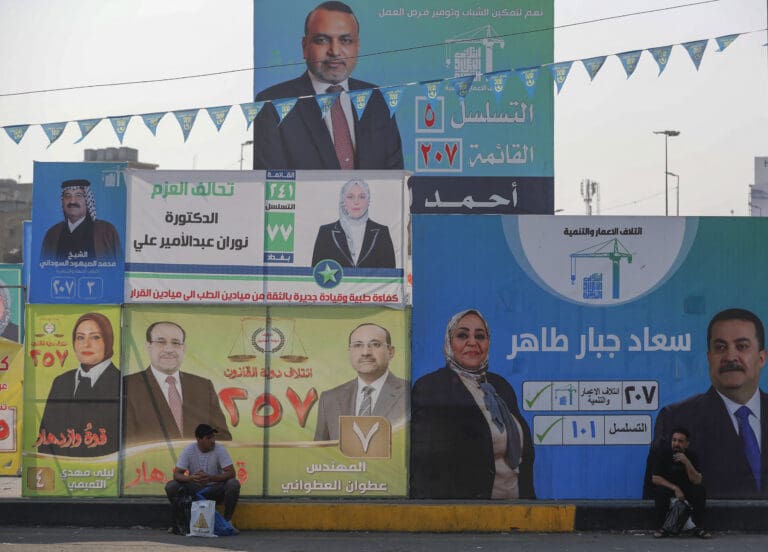
Iraq’s 2025 parliamentary elections represent a pivotal moment for the country’s stability and regional role. With the Popular Mobilization Forces (PMF) retaining deep political and military influence, and reformist and Sadrist factions seeking to challenge Iran-aligned dominance, the vote will determine whether Iraq can balance between Washington and Tehran or slide into renewed conflict. The outcome will shape not only Iraq’s governance but the wider Middle Eastern geopolitical order.
learn more

